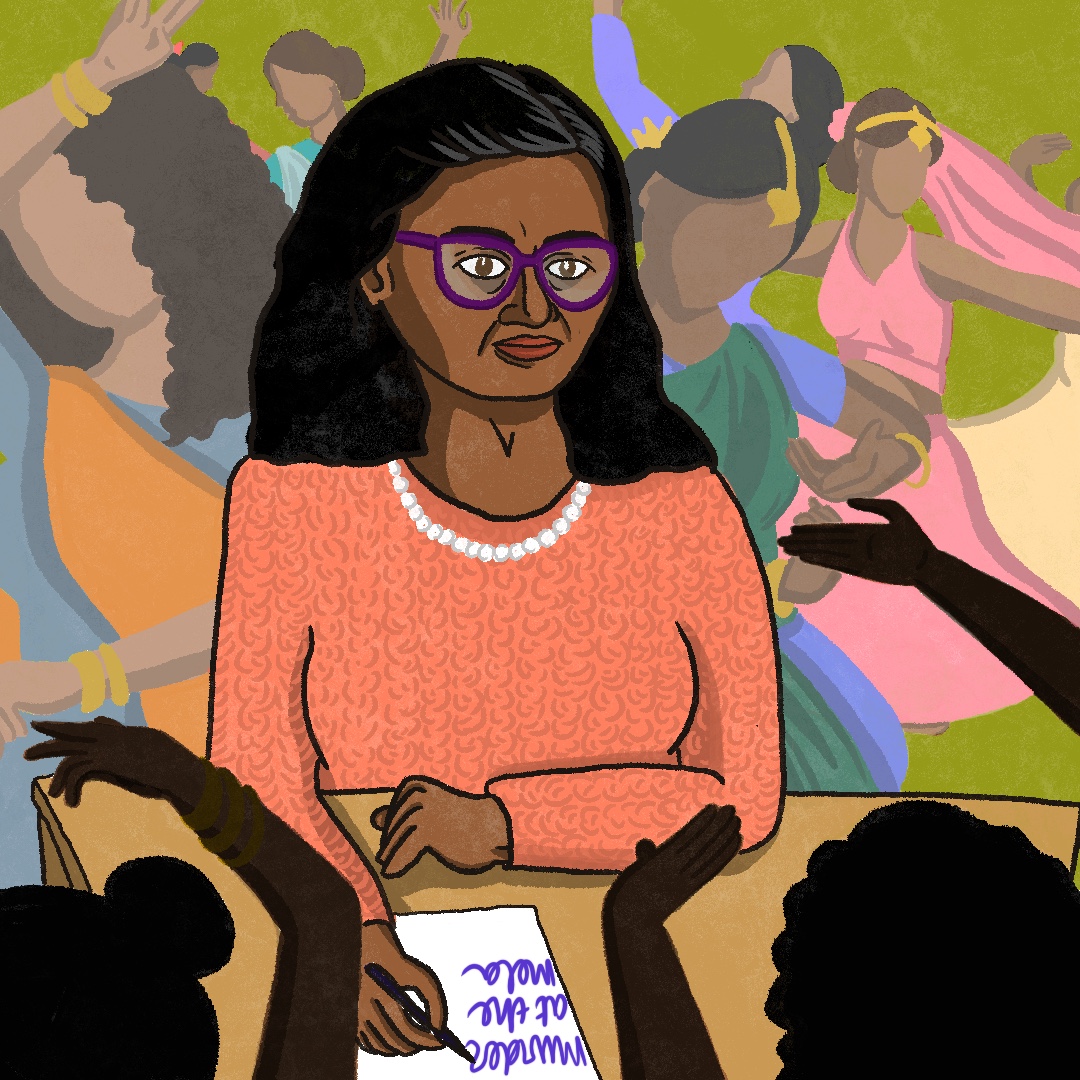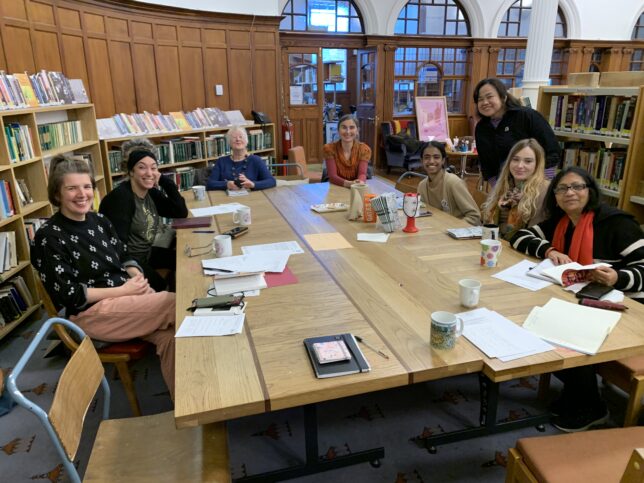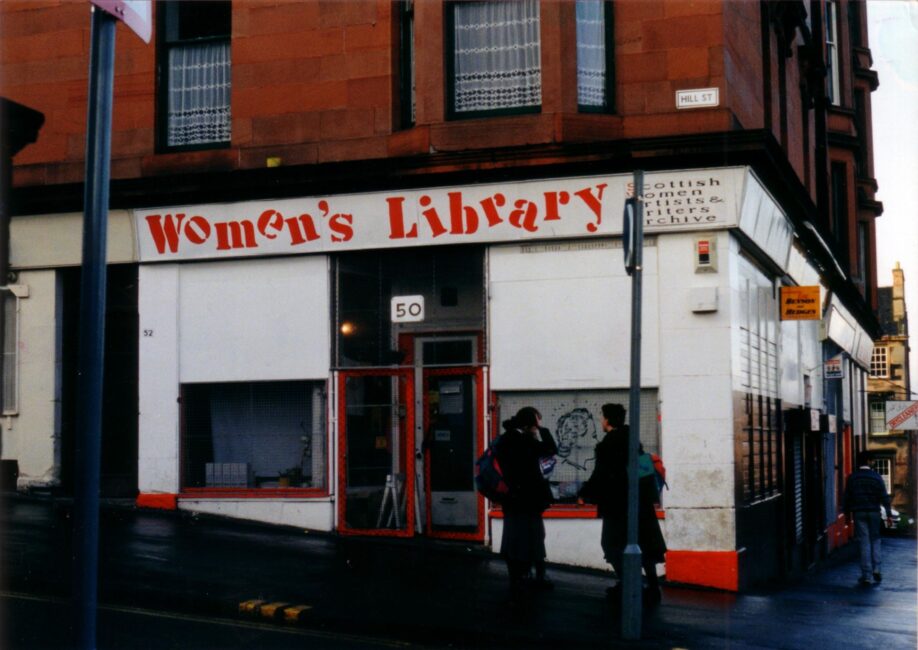Every month, GWL team members and volunteers share what we’ve read at our Book Picnic. Here’s what we’ve been reading recently:
The Walnut Tree by Kate Morgan
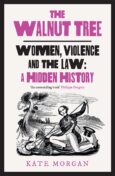
Anna shared The Walnut Tree, a work of historical non-fiction exploring women, violence and the law. Written by lawyer Kate Morgan, Anna said there was quite a bit of legal terminology but was good once you got into it. She started reading it three times before she managed to finish it. She explained the book was specifically about the law in England rather than Scottish law. . The title comes from an old adage which was even quoted in the Houses of Parliament in 1853 – “A woman, a dog and a walnut tree, the more they are beaten, the better they’ll be”.
Selected Poems and Odes by Sharon Olds
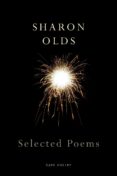
Aileen has been reading Sharon Olds’ poetry, including her Selected Poems collection and her book of Odes. These are funny, heartfelt and moving collections. She often writes about the things that other people don’t speak about, and doesn’t turn away from a difficult topic, including sharing experiences of childhood abuse, although this is not described in detail. She also explores the themes of redemption and recovery, so her work gives more of a sense of recovering from traumatic life experiences rather than dwelling in them. She felt the books were not a light read, but very poignant and moving, and also had a great deal of humour.
Unsuitable: A History of Lesbian Fashion by Eleanor Medhurst
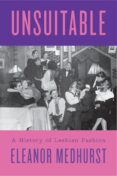
Becky recommended this very enjoyable book, she appreciated it describing itself as a history rather than the history of lesbian fashion. It’s not presented as a linear history, but drops into moments in history, talking for example about how the ideas of Sappho influenced subsequent fashions. She backs everything up with very good evidence. The book is intended as an accessible read, and is not just for an academic audience. The author also tends to discuss people who are cross-living rather than just cross-dressing. Eleanor Medhurst is on social media as @dressingdykes.
Bad Attitudes by Agnes Owens
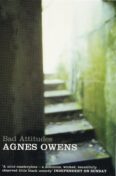
Pauline recommended this book which contains two novellas by the Scottish writer Agnes Owens, who was one of GWL’s featured writers at the Open the Door literary festival in 2019. The first is a very dark story of council housing and murder, but is also really funny. Pauline felt she would like to read more of her books.
You can find out more about Agnes Owens and Open The Door here: https://womenslibrary.org.uk/discover-our-projects/open-the-door/open-the-door-2019/
Beyond the Wall: East Germany 1949-1990 by Katja Hoyer

Pauline also recommended this fascinating book about East Germany. Each chapter starts with a little vignette about an ordinary person. Pauline found it interesting because it showed that East Germany wasn’t just about repression, people lost a lot when it disappeared in 1990, things like the free childcare which was provided in every factory. She felt it gave a fairer picture of what life was like in East Germany.
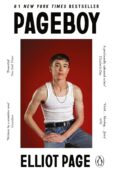
Page Boy by Elliot Page
Ren recommended this autobiography of the Juno actor Elliot Page, they thought it was worth reading but was also quite sad as it shows how Hollywood works (or doesn’t) for someone who is trans. It describes the difficulties of transitioning when you are in the public eye, of trying to be who you are and trying to find yourself.
Whipping Girl: a transsexual woman on sexism and the scapegoating of femininity by Julia Serano
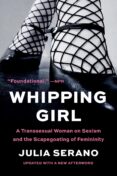
Ren also recommended this non-fiction book, which is a great read about how the demonisation of trans women is about the demonisation of femininity in general. It discusses the invisibility of trans men and trans-masculinity, which isn’t as easy to demonise as trans-femininity because femininity is demonised anyway. There is a now a new, updated edition of this popular book.
The Cost of Living by Deborah Levy
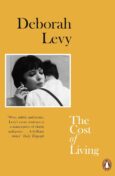
Gaby recommended this beautifully described memoir about loss and grief and the cosmic changes that happen in life. Levy also writes about writing and the challenges it poses, like the time her neighbour gave her a garden shed to write in but it turns out to be very cold. It’s not a sad book but there are some very moving sections. This is the second memoir in Deborah Levy’s ‘Living Autobiography’ series.
Yoko Ono: Music of the Mind
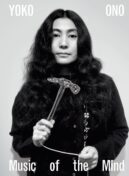
Caroline recommended this book produced by the Tate Gallery that accompanies their exhibition of the same name. It’s an art book with lots of photos so you can flick through it. It contains contributions from different writers discussing different aspects of Yoko Ono’s art practice. Although she is sometimes seen as controlling, all her work is an invitation to engage as you like, so she isn’t at all controlling. She has a lot of humour although she has experienced a lot of difficulties in her life.
All Fours by Miranda July
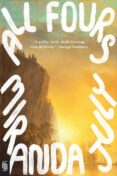
Kirstin recommended this novel about women going through the perimenopause and described it as a bit of a wild ride. The main character wants to drive from Los Angeles to New York in order to prove to her husband that she can be really present and take things slowly. However this doesn’t happen at all and she ends up staying in a motel. She then meets another character who she wants to impress with a dance so she starts dance practice.
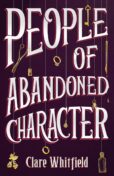
People of Abandoned Character by Clare Whitfield
Elaine recommended this award-winning novel, set in London in 1888. It follows the story of Susannah, a mistreated wife who begins to suspect her husband might be Jack the Ripper. She thought it was a great read.
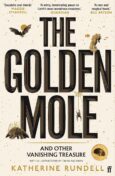
The Golden Mole and Other Vanishing Treasure by Katherine Rundell
Wendy thoroughly recommended this thought-provoking non-fiction book containing short essays about the world’s most extraordinary endangered species. It’s about magical creatures but also about the natural world and what we are doing to it. The author describes different animals and how amazing they all are, and all the amazing things they can do.


